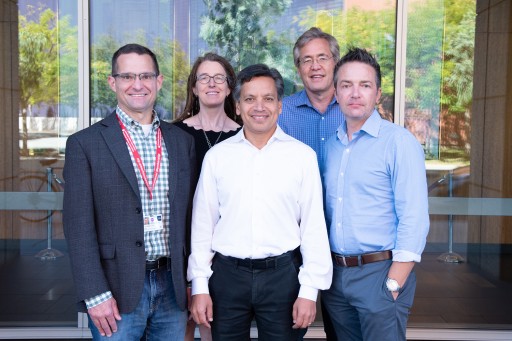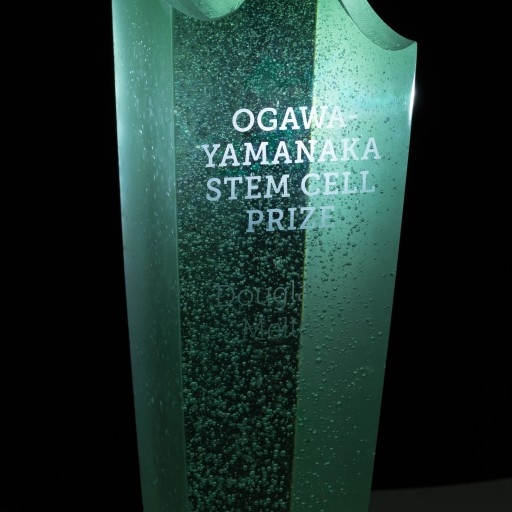Category: Research

Five new members join the Gladstone Foundation Board
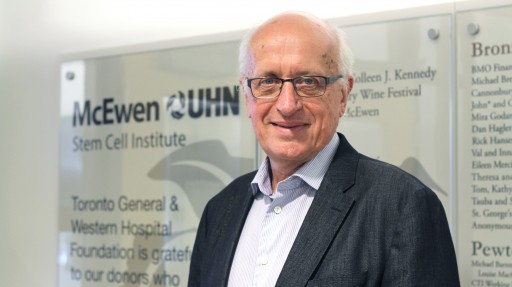
Keller's work with pluripotent stem cells has led to a platform for disease modeling and regenerative medicine
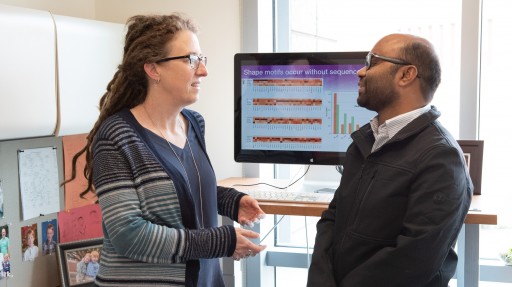
New study challenges a fundamental assumption of how proteins interact with the human genome
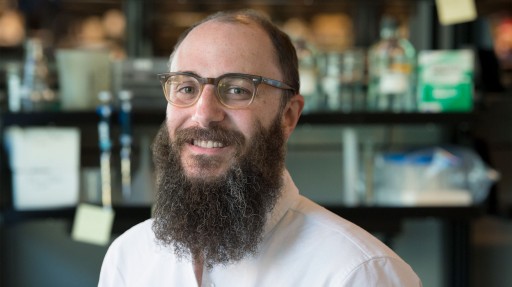
Shipman will build new technologies to understand the development of the brain
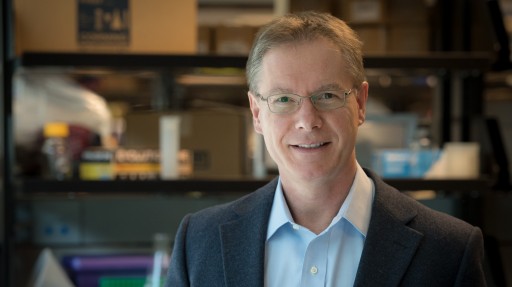
Gladstone scientists uncover new gatekeeper function of the anti-aging molecule
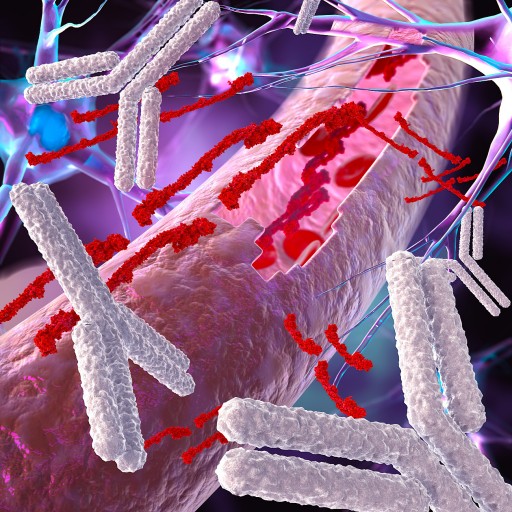
Gladstone researchers have stopped the detrimental effects of blood-brain barrier leaks

New discoveries about how cells self-organize could help researchers create more authentic organ models for research or transplantation
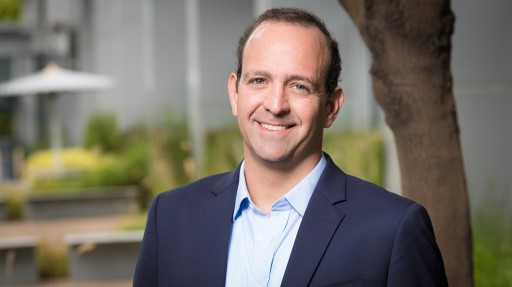
Gladstone researchers discover a noisy step in gene expression
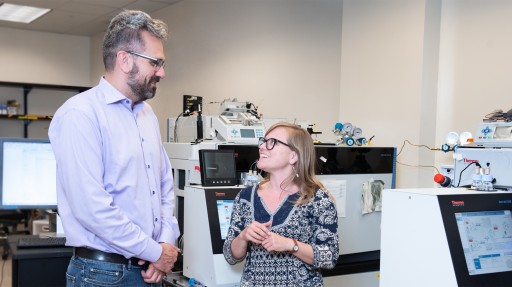
Connecting the dots between human papillomavirus and smoking-related cancers

The co-inventor of CRISPR genome editing technology expands research collaborations to San Francisco's Mission Bay research community

New study from the Gladstone Institutes uncovers how the viruses bypass your body's defense mechanisms

Scientists shed light on cells' most fundamental process
Wernig was selected for his groundbreaking research in cellular reprogramming and stem cell-based therapies for genetic disease
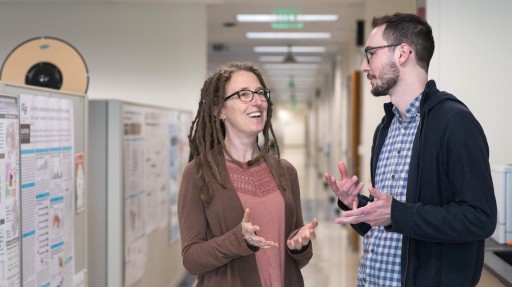
A new computational approach from the Gladstone Institutes identifies genes that may help microbes live successfully in the human gut

Scientists at Gladstone reveal how the virus decides between fates.
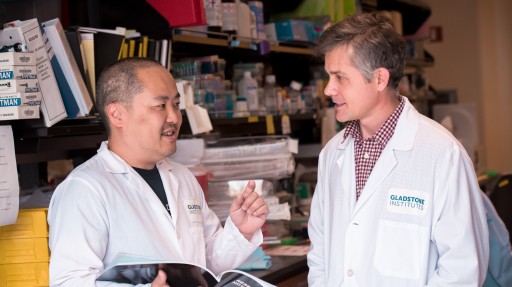
Researchers at the Gladstone Institutes provide answers to decade-old questions
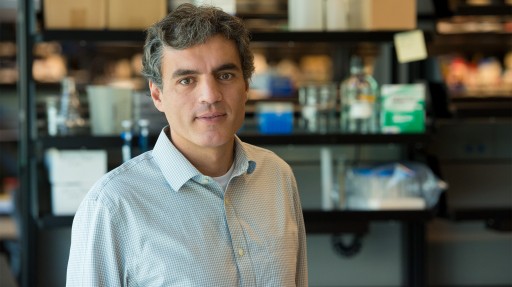
Transplanting a special type of neuron into the brain restores cognitive functions in Alzheimer's models, shows a new study by Gladstone scientists

Gladstone scientists identify genes that enable adult cells to divide and multiply

Gladstone launches the new Institute of Data Science and Biotechnology
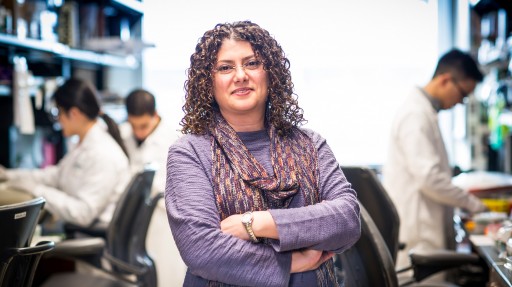
Different routes of sexual transmission affect the immune system's response to a virus, shows new study.
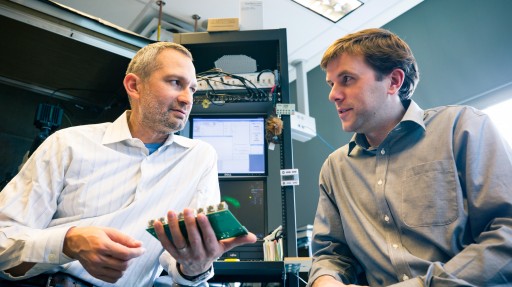
Gladstone scientists show how a type of neuron improves procedural learning.
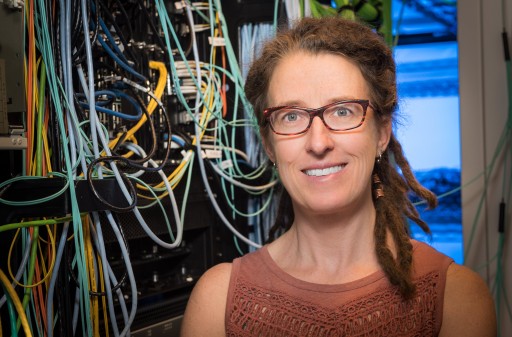
Scientists examine the fastest changing regions in the human genome to learn how our species evolved.
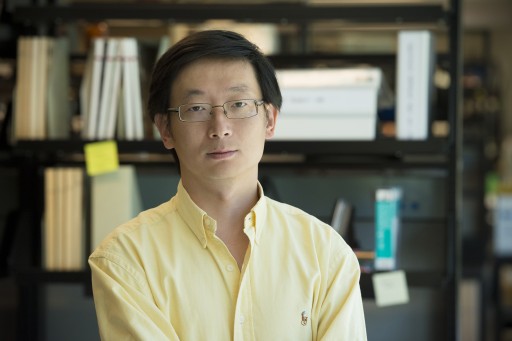
Activating a single gene is sufficient to change skin cells into stem cells.
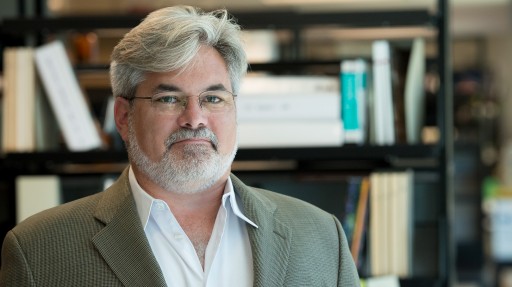
Study will use innovative technology to focus on neurodegenerative diseases
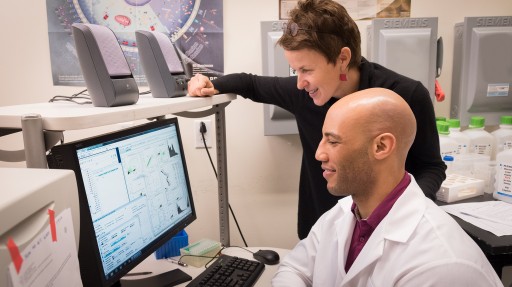
New study explains what happens when the immune system ages
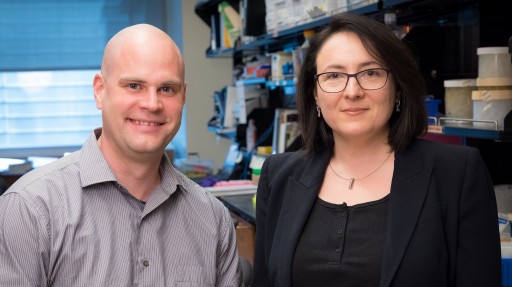
Study from the Gladstone Institutes may lead to new treatments for diseases like multiple sclerosis
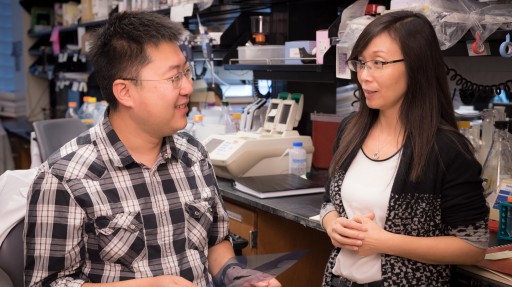
Scientists develop a cheaper, quicker, and more reliable stem cell-based technology to facilitate drug discovery

The term begins on January 1, 2018

A new center at Gladstone aims to find unforeseen uses for existing drugs
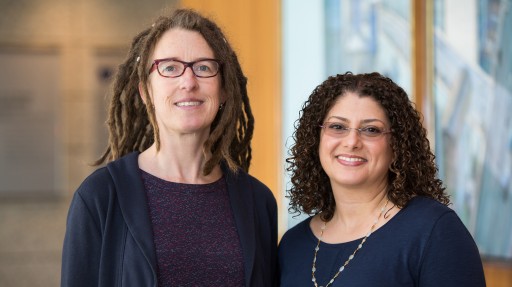
An unexpected collaboration leads to the discovery of an early predictor of IBD
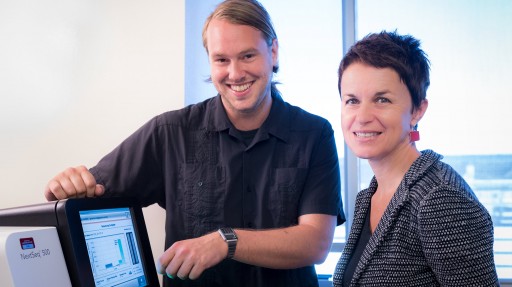
A single drug could attack the virus on two fronts
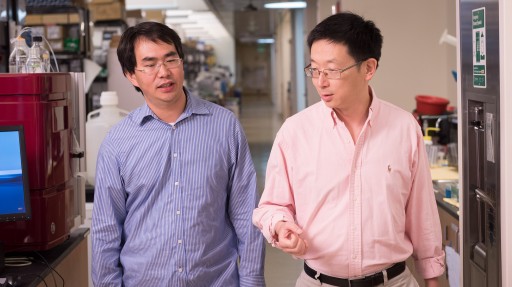
The discovery could improve treatments for autoimmune diseases and cancer
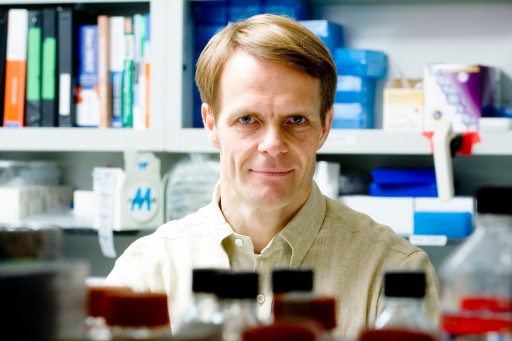
Studer was selected for his groundbreaking research in stem cell-based therapies for Parkinson's disease
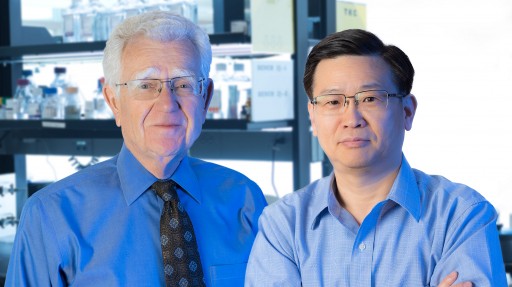
E-Scape Bio, a Gladstone spin-off company, extends its Series A financing to generate novel therapies to treat neurodegenerative disorders
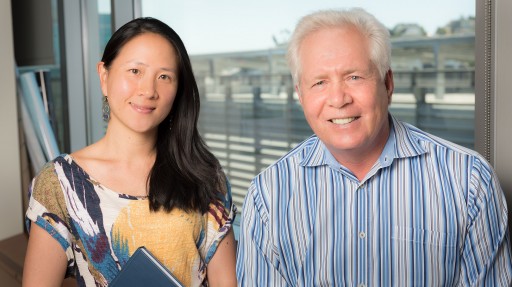
Researchers show that semen amyloids help the human body dispose of excess and defective sperm

Gladstone investigator is elected VP of the preeminent organization dedicated to stem cell research and treatments
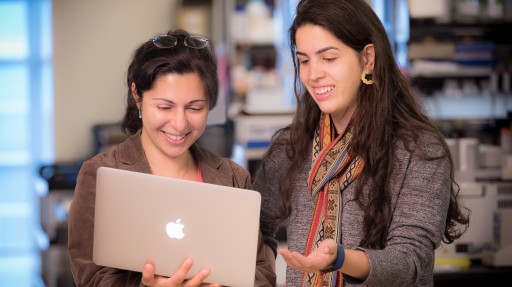
Cells related to seizures, schizophrenia and ADHD all found in the same region of the brain
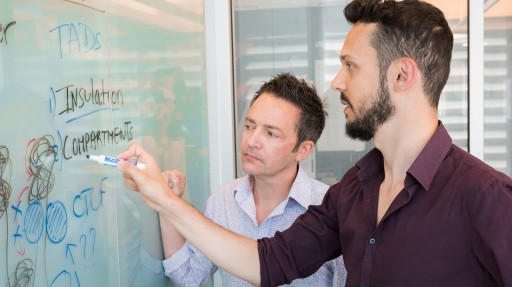
Discovery at Gladstone Institutes will help reevaluate the cause of certain cancers and developmental defects
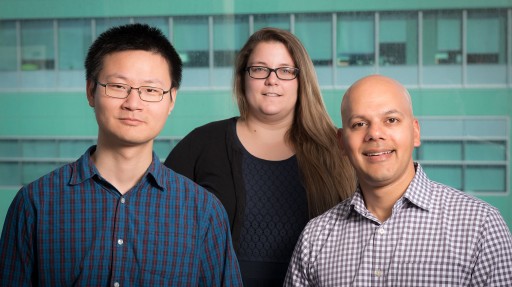
Gladstone scientists show that a cancer drug is effective in treating common causes of heart failure
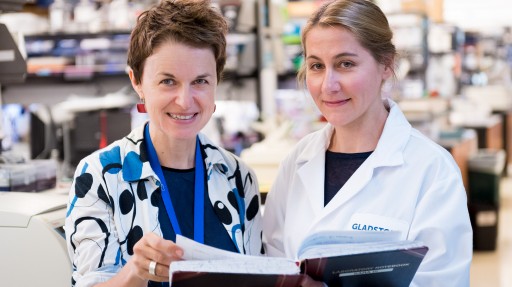
Gladstone scientists uncovered a possible strategy to "shock and kill" the virus that hides in cells
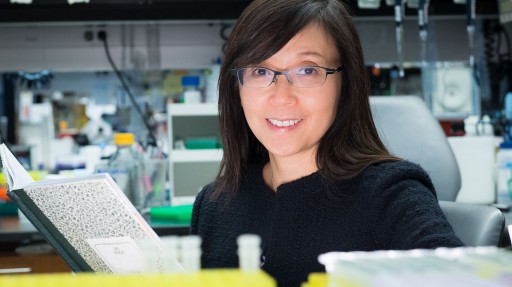
Gladstone scientists identify inflammatory pathways as a potential therapeutic target for frontotemporal dementia
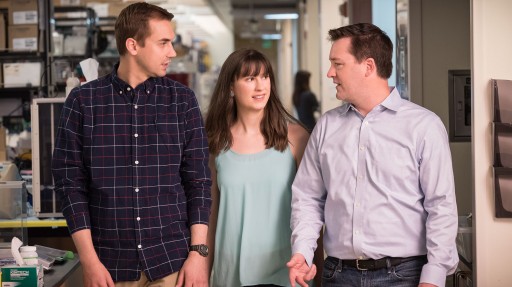
Gladstone scientists are the first to produce a type of stem cell-derived neuron that could potentially help restore movement

Li Gan, PhD, a senior investigator at Gladstone, was awarded a multi-million dollar grant by the National Institute of Neurological Disorders and Stroke (NINDS) to lead a national collaboration studying how the protein tau contributes to frontotemporal dementia.

